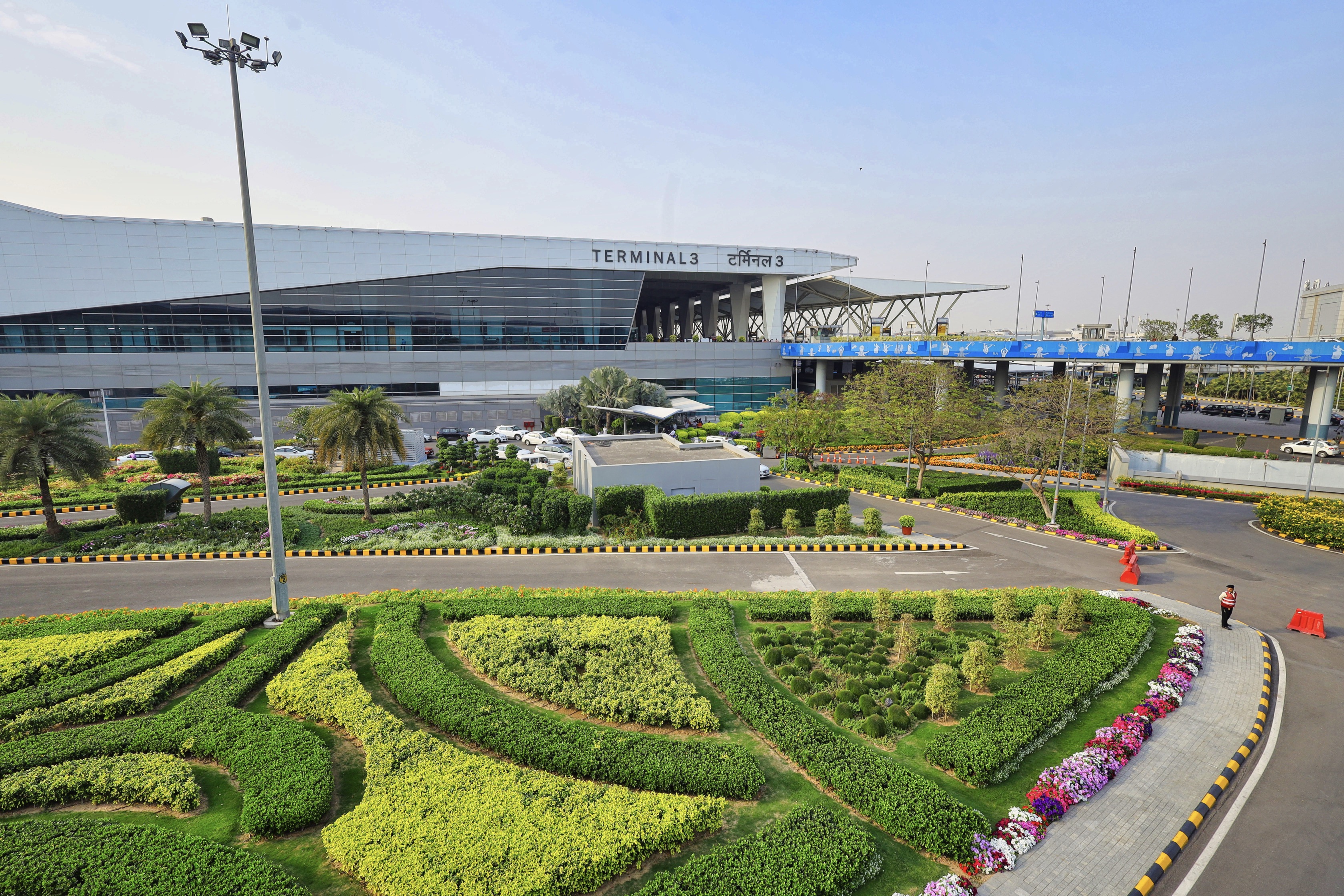
Airports face mounting pressure to reduce their environmental footprint and operate more sustainably while accommodating growing passenger demand. Air travel currently accounts for 2-3% of global carbon emissions and it could be responsible for 22% of global emissions by 2050. Airports must innovate to decarbonize operations, optimize efficiency, conserve resources and design green infrastructure if the industry hopes to align with international climate goals.
This article will provide an in-depth examination of emerging technologies and infrastructure innovations that enable airports to improve sustainability across key impact areas - energy, emissions, water, waste and biodiversity.
As small cities, airport terminals and facilities represent immense power loads - consuming as much electricity as a small town with less economic incentives for efficiency. Intelligent buildings allow airport operators to optimize and manage energy flows.
Sensor networks and automation: Machine learning algorithms analyze sensor data to develop predictive energy demand models and identify efficiency opportunities in lighting, HVAC and electrical equipment. Systems automatically adjust configurations to minimize consumption.
Microgrid integration: Microgrids combine on-site solar PV and battery storage with grid and backup generator connections, providing resilient supplemental power during outages. Smart inverter systems easily integrate renewable energy assets.
Onsite solar PV: Rooftop and covered parking solar panels can supply over 20% of an airport's electricity demand. Ground-mounted solar farms utilize airfield grassland that must be kept clear for safety. Solar offers an economic way to grow renewable generation as panel efficiency continues improving.
While airports focus sustainability efforts on ground operations, the bulk of lifecycle emissions still derive from flight. Airline fleets remain dominated by fossil fuel-burning engines, but developments in electric and hydrogen propulsion could reshape aviation's emissions profile.
Ground support electrification: Transitioning aviation's immense ground vehicle fleet from diesel to electric drivetrains dramatically cleans up local air quality while enabling renewably-powered charging. Aircraft pushback tugs, baggage tugs, cargo loaders, catering trucks and passenger buses are all targets for replacement. Pilot projects at several major airports have demonstrated the feasibility and benefits.
Fixed Ground Power and Preconditioned Air: Enabling aircraft to plug into fixed electrical power and cooled air supply at the gate eliminates the need for auxiliary power units that burn jet fuel just to provide electrical and HVAC. This can reduce airline fuel consumption by 5-10% on turnarounds.
Hydrogen fuel cell technology: Hydrogen fuel cells create electricity through an electrochemical reaction of hydrogen and oxygen, with water as the only emission. Fuel cells can power ground vehicles and provide supplementary energy to airport microgrids. If green hydrogen production scales up, hydrogen-electric propulsion has potential as a longer-term decarbonization pathway.
Autonomous electric air taxis: Air taxis provide a conceptual glimpse of how urban air mobility could transform airport connections and regional transportation in the coming decades with falling battery costs potentially enabling all-electric, autonomous vertical takeoff and landing aircraft. Partnerships between airports and air taxi startups have begun exploring concepts and infrastructure requirements.
Water availability poses an increasing challenge for society and airports often place intense pressure on local water resources. Meanwhile waste generation must be minimized and circular economic principles applied to transform waste into secondary raw materials.
Rainwater harvesting systems: Collecting rainwater for reuse in toilet flushing and irrigation reduces an airport's burden on municipal water supplies while increasing resilience. Cistern storage helps mitigate flooding during extreme precipitation. Chicago O’Hare Airport has used captured rainwater since 2013.
Greywater recycling: Treating light greywater from sinks and showers enables reuse for flushing toilets. Biofiltration cleansing techniques filter greywater back to near drinking water quality. Greywater recycling cuts an airport's external water demand 30-50% with minimal infrastructure changes.
Waste-to-energy and heat recovery: An anaerobic digester system converts food waste, green waste and other degradable material into biogas which can substitute natural gas for heating or generate renewable electricity through cogeneration. Digestate output can be composted. Heat recovery from various processes also cuts energy needs.
While often located in urban environments, airports still impact local ecology through construction and emissions. Thoughtful land management around the airfield perimeter can protect biodiversity, restore ecosystems and remove carbon over the long term.
Allowing vegetation on little-used sections to grow longer provides habitats for small mammals and insects such as bees and butterflies. Tailored soil enhancement and seeding expand botanical diversity which is aesthetically pleasing.
As airports worldwide take up the urgent challenges of decarbonization and resource efficiency, the technologies and strategies outlined here chart a path towards a more sustainable aviation sector of the future. Through intelligent infrastructure, renewable energy systems, waste reduction techniques and natural solutions, airports can optimize operations, conserve resources, restore local environments and support the larger transition to carbon-neutrality. Though implementation requires investment and industry coordination, the potential exists for airports to lead the way as truly smart, green and resilient nodes of the global economy.
If you need any services, drop us a mail at Rohitkumar.Singh@gmrgroup.in or get in touch with us at +919717199753.